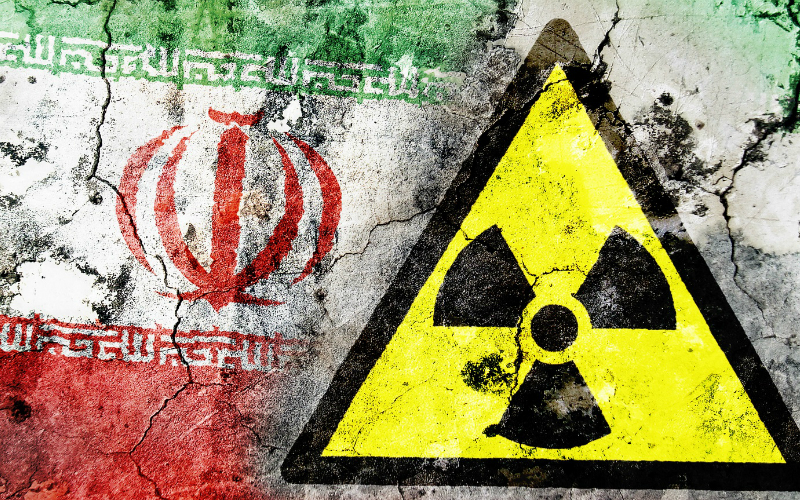American Family News spoke to Pete Hoekstra, former U.S. ambassador to the Netherlands and former chair of the House Intelligence Committee. According to Hoekstra, the previous years have been riddled with "consistent failures" in the intelligence community. The latest failure, he says, has been in the Middle East where, on October 7, Hamas launched an unprecedented attack against Israel, slaughtering women, elderly, and children.
"The United States intelligence community and the Israeli intelligence community were caught completely off guard," he notes. As of Wednesday, Israeli civilian and soldier deaths have surpassed 1,400, while civilian and soldier abductees held in the Gaza Strip have reached 220.
Addressing what he sees as the failure of the U.S. intelligence community in recent years, Hoekstra notes three reasons. First, he says, the nation's intelligence community has been "distracted" since before the 2020 election. "They [claim they] were focused on their mission to keep America safe," he says.
In 2016-2017, for example, he says the FBI was creating suspicion about Russian influence over then-President Donald Trump. While the effort ultimately was proven to be a Russia hoax, Trump has continued to suffer politically in the intervening years over the matter.
Additionally, the FBI worked with social media companies to censor citizens and spread disinformation about the Russian hoax, the authenticity of Hunter Biden's laptop, and more.

Second, the former ambassador suggests, "the intelligence community has gotten to the point where it no longer speaks truth to power. [Instead], it has become a mouthpiece for reinforcing certain political beliefs."
He cites an example: "A narrative that would talk about Hamas potentially attacking Israel out of Gaza with the support of Iran would not have fit the Biden administration's narrative," he argues.
"Even if the intelligence community was getting signals," Hoekstra continues, "would they have brought those to the attention of the president of the United States, because this administration wants a relationship with Iran that's motivated by a nuclear deal?"
Third, Hoekstra contends, the intel community has "stopped doing the hard stuff." He cites as an example the challenge in gaining intelligence about a terrorist organization like Hamas in a place like Gaza.
"The only way you're going to pick up the signals that there's an impending attack against the West, or against Israel, is with people, with spies on the ground," he explains.
The problem, according to Hoekstra, is that the U.S. continues to rely on technology – such as the ability to intercept phone conversations, voice communications, and digital communications. But terrorist organizations know the electronic capabilities of the U.S., he argues – and as a result, "they are putting technology to the side to communicate in person and by couriers."
With these factors and more affecting the intelligence community, "the politicization of the intelligence community … has gotten out of hand to the point where the American people no longer trust the intelligence community," he laments.
Hoekstra is hopeful a new administration will usher in "credibility, integrity, and respect" in the intelligence community.







